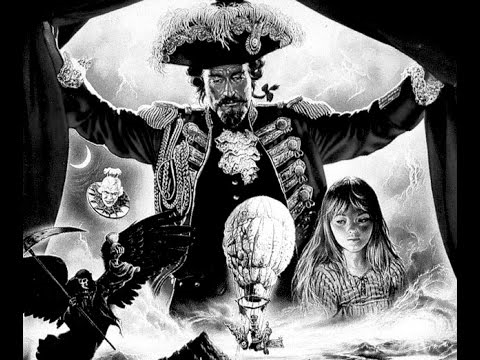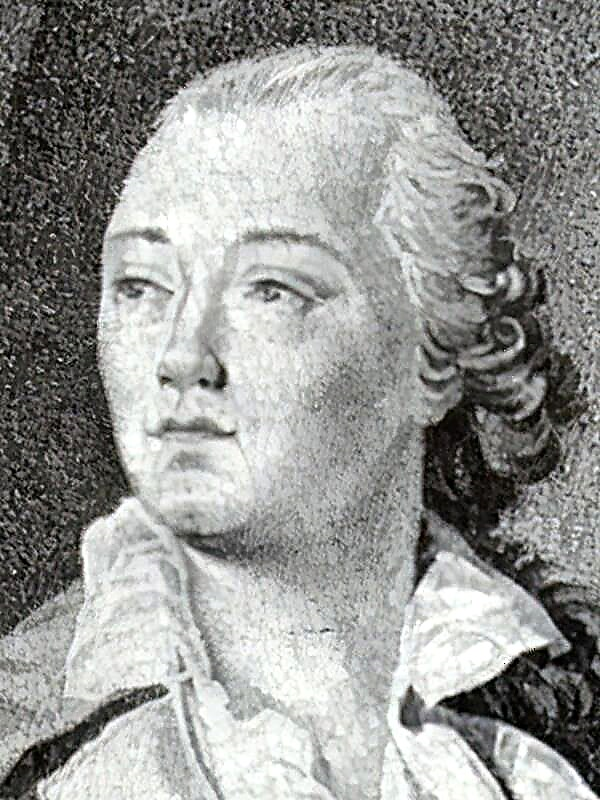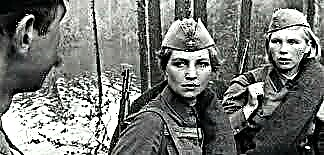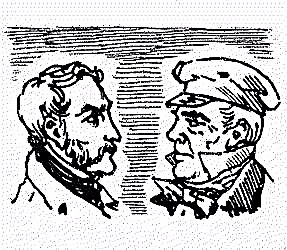The plot breaks up into separate stories, and each of them has several options. So, for example, the narrator’s image is split into two different images, Enderlin and Gantenbein, who personify the narrator’s options for his existence. The author does not allow to “inspect” the fate of his heroes to their natural end. The point is not so much in them as in the true essence of man, as such, hidden behind the "invisible", in the "possible", only part of which comes to the surface and finds a real embodiment in reality.
The narrator tries on his hero stories as dresses. The novel begins with Enderlin getting into a car accident and nearly knocking down eleven students. Sitting behind the wheel, he obviously thought about the invitation to give a few lectures at Harvard, which he had received shortly before. He has no desire to speak in front of his acquaintances and everyone around him in the role of a forty-year doctor of philosophy, and he decides to change his image, chooses a new role for himself - the role of the blind, and calls himself Gantenbayn. He acquires all the attributes of a blind man: glasses, a wand, a yellow armband and a blind man’s testimony, which gives him a legal opportunity to gain a foothold in society in this image. From now on, he sees in people what they would never allow him to see if they did not consider him blind. The true essence of all those with whom he communicates, whom he loves, is revealed to him. His dark glasses become a kind of element, splitting the truth and falsehood. It’s convenient for people to communicate with those in front of whom they don’t need to put on a mask, who do not see too much.
Posing as a blind man, Gantenbein is trying to free himself, in particular, from the vulgar jealousy characteristic of him before. After all, a blind man does not see, does not see much: looks, smiles, letters, those who are next to his beloved woman. His appearance is changing, but is his essence changing?
Enderlin hesitates for a long time before starting to play the role of Gantenbein. He imagines his future life if everything goes on as before. One rainy day he sits in a bar and waits for the arrival of a certain Frantisek Svoboda, whom he had never seen before. Instead, his wife comes, a blue-eyed, black-haired woman of about thirty, very attractive, and warns Enderlin that her husband will not be able to come, since she is currently on a business trip in London. They talk for a long time, are going to go to the opera together in the evening, but they never leave the house where he calls for her before the start of the performance. After spending the night together, they swear to each other that this story will be left without a continuation, there will be no letters or calls.
The next day Enderlin already needs to fly away from this unfamiliar city and really part with a woman to whom a true feeling begins to arise. He is going to the airport. His consciousness bifurcates. One inner self wants to leave, another wants to stay. If he leaves, this story ends, if he remains, then he becomes his life. Suppose he remains. A month later, the wife of Freedom, her name is, for example, Lilya, confesses to her husband that she is madly in love with another. Now Enderlin’s fate largely depends on the behavior of Freedom, this tall, broad-shouldered fair-haired Czech with an emerging bald head, as Enderlin imagines him. If he behaves smartly, with dignity, leaves for a month at the resort, gives Lily the opportunity and time to weigh everything and returns without reproach, striking her with her manliness and romance, she may stay with him. Or, nevertheless, he breaks up and begins a life together with Enderlin. What can this life be like?
It is possible that he met Lily already when he began to portray a blind man. He lives on its content. She does not know that he has his own bank account and that when she does not notice this, he pays fines, receipts, works on the machine, buys her birthday, supposedly from his pocket money that Lilya gives him, such gifts which she herself would never allow herself. Thus, the family resolved the material issue when a working, independent woman feels truly independent. Suppose Lily is an actress by profession, a great actress. She is charming, talented, but somewhat messy - she never cleans the apartment and does not wash the dishes. In her absence, Gantenbein secretly tidies the apartment, and Lily believes in the magic gnomes, thanks to whom the mess is destroyed by itself.
He walks with her at the studio, talks about her outfits, spends as much time on it as no man ever spends. He is present at the theater at rehearsals, supports her morally, gives necessary advice on her play and on the production of the play.
Meeting Lily at the airport when she returns from another tour, he never asks her about that man, always the same one who helps her bring her bags, because he cannot see him. Gantenbein never asks Lily about the letters that she receives regularly three times a week in envelopes with Danish stamps.
Lily is happy with Gantenbein.
However, Gantenbein may not have enough exposure. One fine evening, he can open up to Lily, tell her that he is not blind, that he always saw everything, and demand from her an answer about this man from the airport, about letters. He shakes Lily, she sobs. Gantenbein then apologizes. They begin a new life. Returning from the next tour, Lilya tells Gantenbein about a young man who brazenly courted her and even wanted to marry her. Then telegrams come from him with the message that he is coming. Scenes and clarification of the relationship between Gantenbein and Lily. Since Gantenbein ceases to play the role of the blind, he has become impossible. He is worried. They are talking openly. Gantenbein and Lilya are close to each other, as they have not been for a long time. Until one fine morning a doorbell rings.
On the threshold is a young man whom, as it seems to Gantenbein, he recognizes, although he had never seen him before. He leads him into the bedroom to Lila, being sure that this is the same obsessive whip that sent Lily telegrams. Lily wakes up and yells at Gantenbein. He locks Lily with a young man in the bedroom on the key, and he leaves. Then, when he doubts whether he is really the same young man, he returns home. Lilya - in a blue robe, the door to the bedroom is broken, the young man turns out to be a medical student who dreams about the stage and comes to consult with Lilya. When the door slams behind it, Lilya reports that she is leaving; she cannot live with a madman. This is clear. No, Gantenbein prefers to remain in the role of the blind.
One day he comes to visit Enderlin. Enderlin’s lifestyle has changed a lot. He has a rich house, luxurious cars, servants, beautiful furniture, jewelry. Money flows into his hands. Enderlin tells Gantenbein something so that he understands him. Why doesn't Gantenbein say anything? He only makes Enderlin see everything that he is silent about. They are not friends anymore. The narrator arbitrarily changes Lily's profession. Now Lily is not an actress, but a scientist. She is not a brunette, but a blonde, she has a different vocabulary. She sometimes scares Gantenbein, at least at first. Lily almost did not recognize. She expresses what the actress is silent about, and becomes silent when the actress speaks out. Other interests, a different circle of friends. The same bathroom accessories that Gantenbein sees. Or Lily, an Italian countess who, for many centuries, has become accustomed to shouting at her, has breakfast in bed. Even those people with whom she meets, acquire their own style. Gantenbein looks like a count. By dinner, Lilya can be waited for hours, she lives in her own time, and it does not make sense to encroach on anyone. Gantenbein cannot stand when Lily sleeps all day. The servant is doing everything so that Gantenbein is not angry. The footman Antonio does everything so that the presence of the countess, whom Gantenbein does not see, is at least audible: she pushes her chair with her knee, arranges the cups and so on. When the footman leaves, Gantenbein talks to the missing countess. He asks her about who she has, besides him, what she and Nils have (the alleged name of the Dane), he says that he once read a letter from Denmark ... What can the countess answer him? .. Countess, who is sleeping?
Where is the real lily? And what, in fact, was in the life of the hero, which is coming to an end? One man loves one woman. This woman loves another man, the first man loves another woman, who again loves another man: a very ordinary story, in which the ends meet in no way ...
In addition to the main characters in the narrative fabric, both fictional and genuine stories of minor characters pop up. The questions of morality, the world situation in the field of politics and ecology are touched. The theme of death comes up. One person mistakenly believes that he has one year to live. How does his life change in connection with this error? Another reads in the newspaper his own obituary. For everyone and even for himself, he is dead, because he is present at his own funeral. What remains of his fate, life, connections, the role he used to play? What remains of himself? Who is he now?

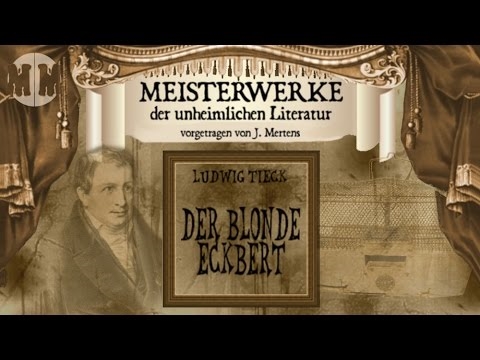
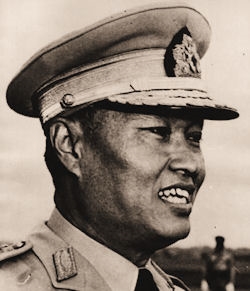


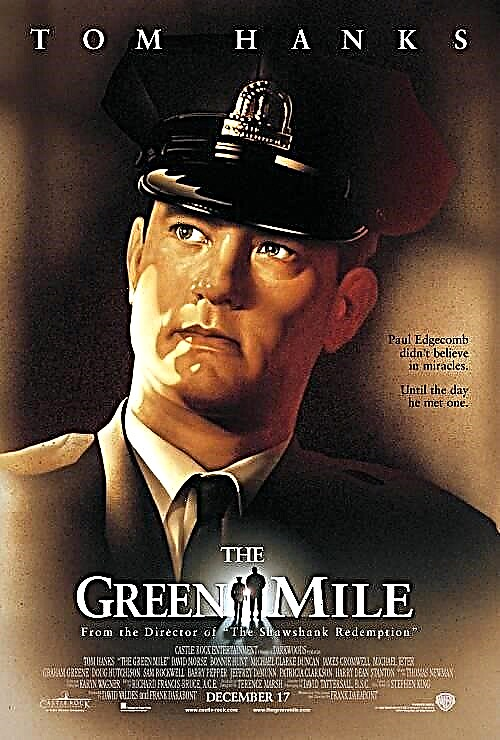
 Million Consulting
Million Consulting